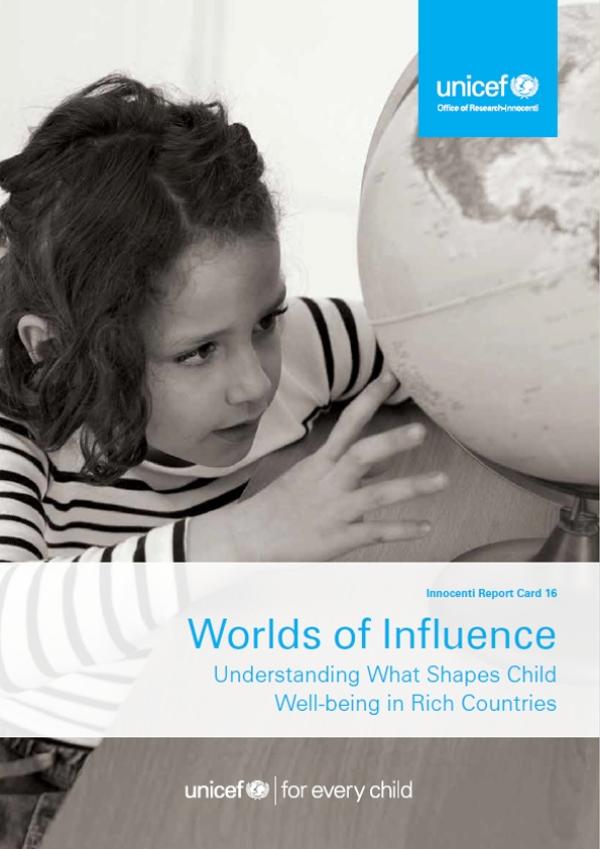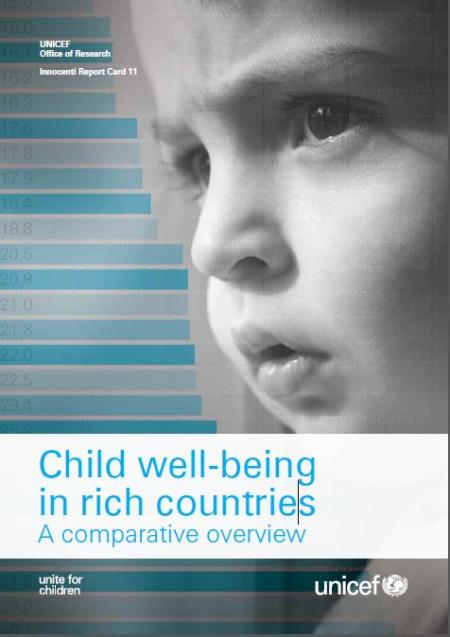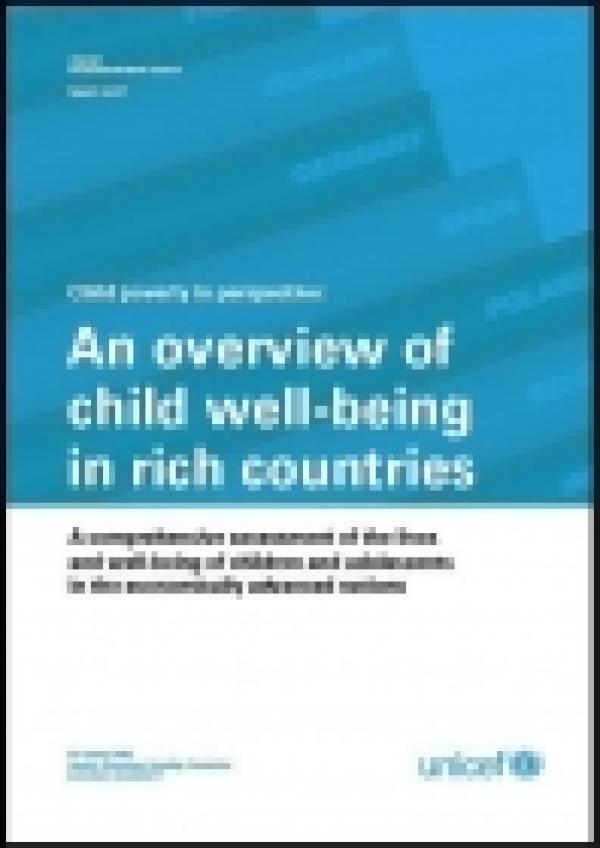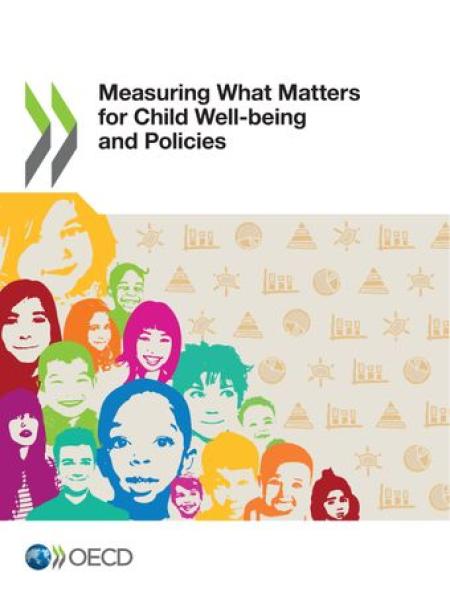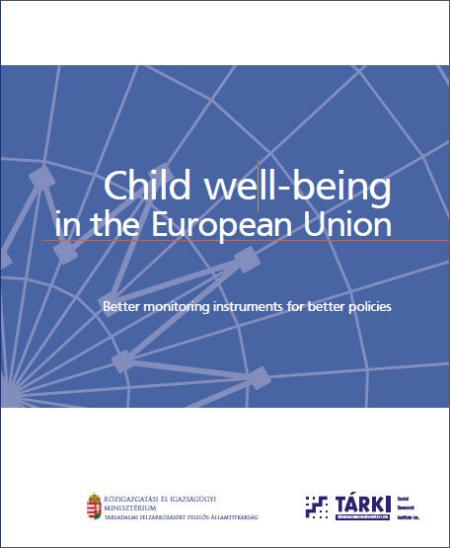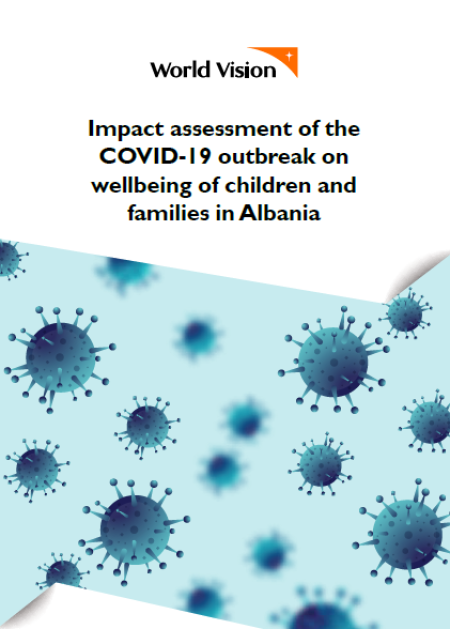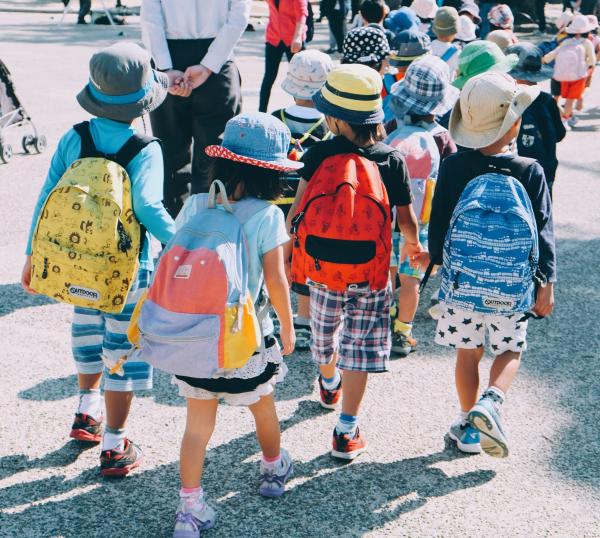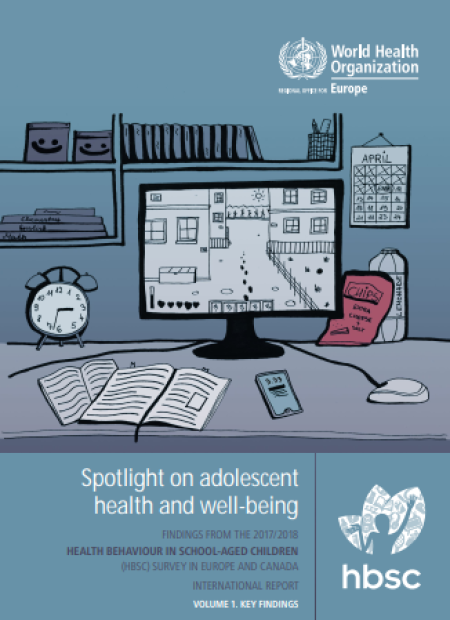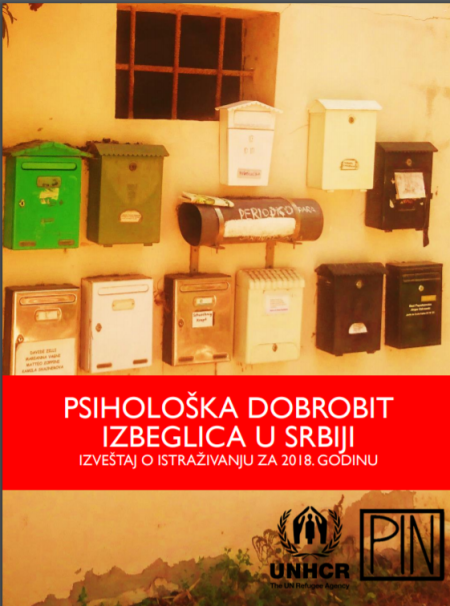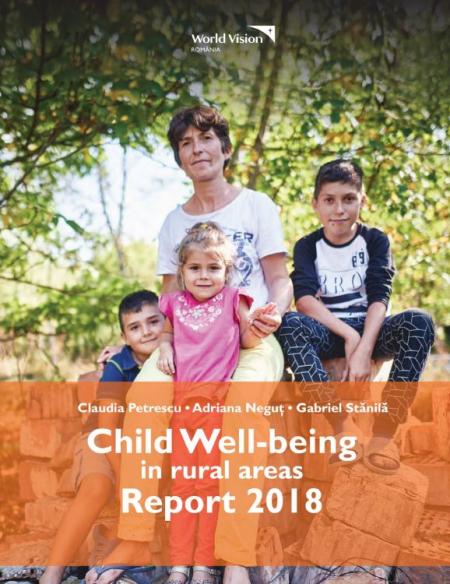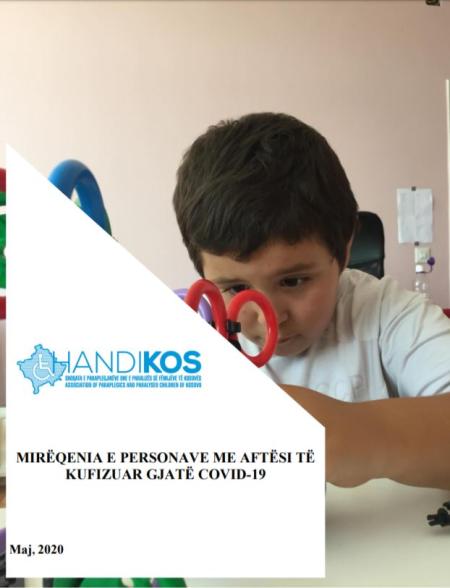
This report, through a multi-level approach, shows that children’s well-being is influenced by a number of factors, including their actions and relationships, the networks and resources of their caregivers, and public policies and national context.
The COVID-19 crisis that has engulfed the world in 2020 presents new threats to a child's well-being. Even before the crisis, in the world’s richest countries, the daily lives of millions of children fell far short of what anyone would call a "good childhood". Children suffered stress, anxiety and depression, lagged behind their peers at school and were physically unwell. Living in a wealthy country did not bring them happiness.
A recent study from UNICEF's Office of Research, "Universes of Influence: Understanding what shapes children’s prosperity in rich nations based on an examination of pre-COVID-19 information in territories", focuses on what impacts a child's psychological prosperity, physical well-being, and scholarly and social aptitudes.
The outcomes, from 41 OECD and EU nations, provides a wealth of information on a child's odds for endurance, how development and assurance are linked to feeling listened to, and to parent's resources and ability to provide their children an opportunity for a happier childhood. It also addresses how children experience national strategies through social, instructive, financial and natural settings.
The Netherlands, Denmark, and Norway were ranked above the rest in child prosperity results, and Chile, Bulgaria, and the United States were closer to the bottom of the list, with the United States positioned 38 (out of 41) for physical well-being and 32 for mental prosperity and abilities. According to the report, childhood obesity rates have, across the board, increased to nearly 1 in 3 children. The report also monitored prospects for life fulfilments, self-harm rates, educational outcomes, and self-confidence, especially in terms of making new friends.
The report suggests that in order to improve the long-term prosperity of children, they must know their rights and their views must be incorporated into public strategy. Furthermore, we must recognize the connection and compromise when it comes to child prosperity results and public needs.


